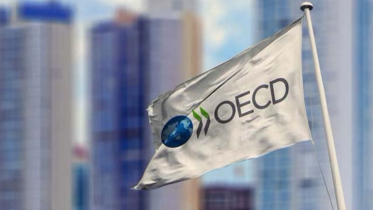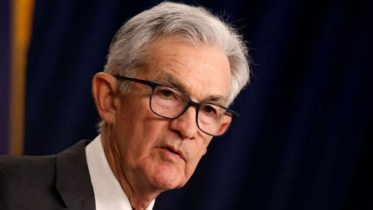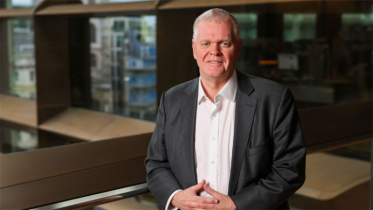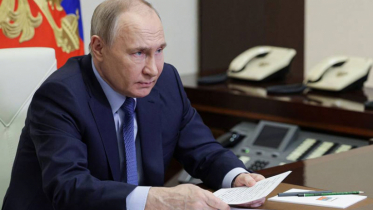Multilateral development banks eye up to $400b more lending
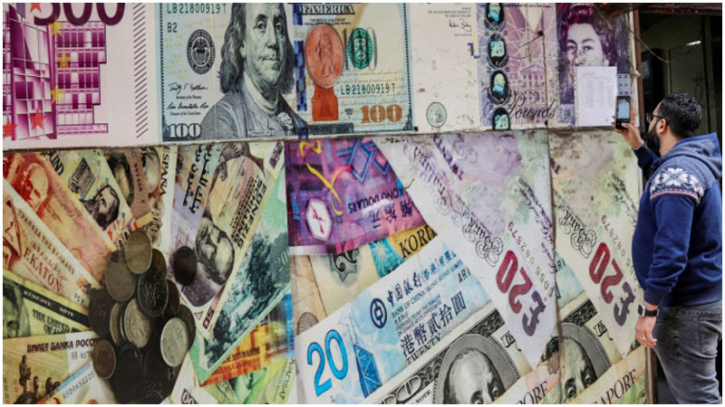
The Inter-American Development Bank (IDB) has said leaders of 10 multilateral development banks (MDB) committed to take action in five critical areas, including additional lending headroom totalling $300-400 billion over the next 10 years..
The effort comes amid growing calls for these institutions to boost financing under favourable conditions to developing countries, which face greater challenges in climate transition and are more affected by the environment of higher global interest rates.
"Together, we will be able to achieve more, with greater impact and on a larger scale," said IDB President, Ilan Goldfajn.
Following a retreat held in Washington at the IDB headquarters, on the sidelines of the International Monetary Fund and World Bank spring meetings, the MDBs said the agreed plan involves "joint steps to work more effectively as a system," as reported by Reuters on Wednesday.
The group includes institutions such as the World Bank Group, the New Development Bank, the Asian Infrastructure Investment Bank, the European Investment Bank, and the African Development Bank.
The IDB said in a statement that the increased financing capacity will be supported by the offer of innovative financial instruments and by promoting the channelling of the IMF's Special Drawing Rights (SDRs) through MDBs.
The IDB also foresaw actions "providing more clarity on callable capital, which would help rating agencies better assess the value of callable capital."
The MDBs also committed to boosting action on climate change, envisioning the delivery of a common approach to measuring climate results on adaptation and mitigation, and reporting climate financing jointly.
The Dow gained more than half a percent, the S&P 500 dropped nearly nine-tenths of a percent and the Nasdaq plunged more than two percent.
The other pillars of work agreed upon on Saturday include strengthening country-level collaboration and co-financing, catalysing private-sector mobilisation, and enhancing development effectiveness and impact.
.png)

